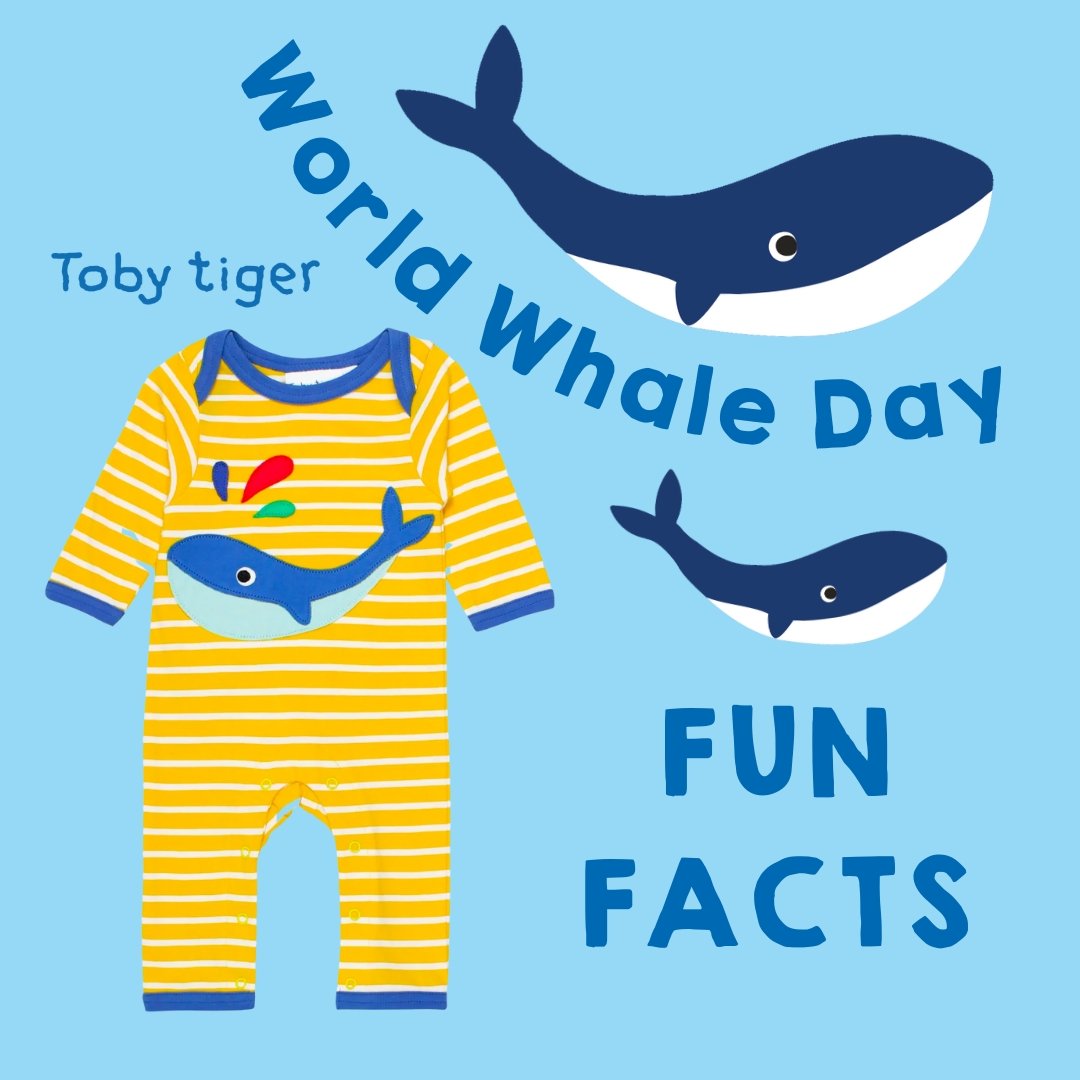
How You Can Celebrate World Whale Day
Share
World Whale Day is a great time to appreciate the beauty and importance of these majestic animals. On February 19th, join people worldwide in celebrating and raising awareness of whales, their habitats, and the threats they face. From learning more about whales to organizing a beach cleanup, you can get involved and celebrate World Whale Day in many ways. In this blog post, we'll explore many ways you can join the celebration.
What Is World Whale Day?
World Whale Day is an international celebration of whales and other marine mammals. The day focuses on raising awareness and appreciation of these majestic creatures and their essential role in the ecosystem. It is celebrated every year on the third Sunday of February, February 19th.
Whales come in all shapes and sizes; some species are resident or embark on journeys of a few hundred miles, such as Bottlenose and Risso's Dolphins. Other species are migratory and visit to exploit food sources for extended periods, like Minke Whales, or for short migration periods, like Humpback Whales. Matches are now being made with Humpback Whales from places like Norway, Ireland, and Guadeloupe in the Caribbean. You may also have seen one of Hugh Harrop's Orca images on a stamp commissioned by the Royal Mail in 2021. Minke Whales are off the west coast from Cornwall north to the Outer Hebrides, and the North Sea coasts from Yorkshire north to Orkney and Shetland.
The History Of World Whale Day
World Whale Day was created to honour and protect these majestic creatures. It began in Maui, Hawaii, in the 1980s and has been celebrated annually since then. The Hawaiians initiated this particular day of appreciation, which wanted to bring attention to the need for whale conservation. In addition, society recognised the importance of whales to the planet's overall health. Therefore, an annual celebration of their presence in our waters would raise awareness about their plight.
The event occurs on the third Sunday in February, known as "International Whalefare" day. As such, it serves as a reminder to respect and protect our oceans, rivers and seas and their inhabitants – including the majestic whales.
On World Whale Day, people come together from all over the world to celebrate these animals' beauty and importance and remind us of their vulnerability. In addition, many ocean-related events occur today, such as beach cleanups, underwater research studies, educational programs and even social media campaigns to spread awareness about whales.
On this particular day, people can also take action to help protect whales by supporting organisations that work towards this cause, donating money or volunteering their time. By joining this effort, we can make a difference in saving these amazing creatures for future generations.

Why Do We Need To Protect Whales?
Whales are a critical species in the ocean's ecosystem and play an important role in maintaining the health of our oceans. They are an essential part of the food chain and a source of food for humans. Whales are vital to our environment in other ways, too; they help to maintain oxygen levels in the ocean, remove carbon dioxide from the atmosphere, and keep marine populations balanced.
Whales are also brilliant and social animals, which is why it is so vital that we protect them. Unfortunately, the destruction of their habitat, entanglement in fishing nets, hunting, noise pollution and climate change all pose serious threats to whale populations. We must act now to protect whales and ensure that these majestic creatures remain a part of our world for generations.
We can do our part to help protect whales by supporting conservation efforts, reducing plastic waste, reducing noise pollution in the ocean, eating sustainable seafood, and being mindful when whale watching. We also need to spread awareness about protecting whales and advocate for policies prioritising their conservation.

What Are The Threats To Whales?
Whales face several threats in the modern world. Climate change is one of the most pressing issues, causing rising ocean temperatures and decreasing available food sources. Additionally, the fishing industry can harm whales, as they are often caught up in fishing gear or become entangled in debris. Pollution is also a significant issue, as plastic debris, oil spills, and other pollutants can damage whales' habitats and endanger their lives. Overfishing also stresses whale populations, as fewer fish means less food. Finally, hunting whales for their blubber or meat is still a problem in some parts of the world, putting further pressure on whale populations. All these threats make it essential that we take steps to protect these magnificent creatures before it is too late.
What Can We Do To Help Whales?
We can do many things to help protect whales and ensure their safety. One of the most important things we can do is to be mindful of our consumption of marine resources. We should make sure to purchase sustainably sourced seafood and avoid buying items made from whale products. We should also use fewer single-use plastics and plastic pollution, as this debris can end up in the ocean and cause harm to whales and other marine life.
We can also help raise awareness about the plight of whales by attending events like World Whale Day and sharing information about whales and conservation efforts on social media. Additionally, we can donate to organisations actively working to protect and conserve whales, such as the Whale and Dolphin Conservation, Oceana, and the World Wildlife Fund. By supporting these organisations, we can fund research, education, and advocacy programs to help protect whales and the oceans.
Finally, we can take action and be active voices for whales by contacting our local representatives and voicing our concerns about threats to whales in our area. We can also participate in beach cleanups or volunteer with local environmental organisations to help keep our waterways free from pollutants. Every small action counts when it comes to helping protect whales and preserving their habitats.


